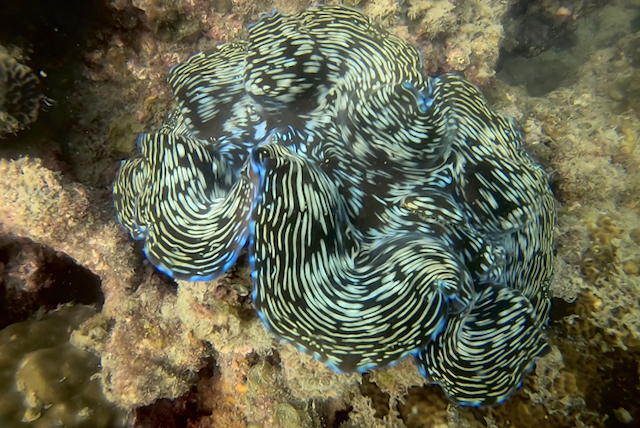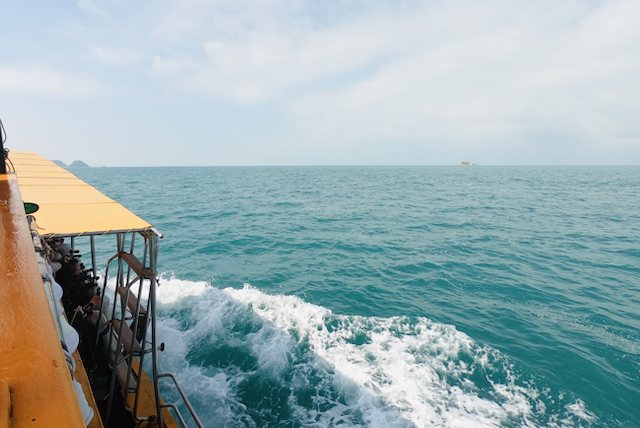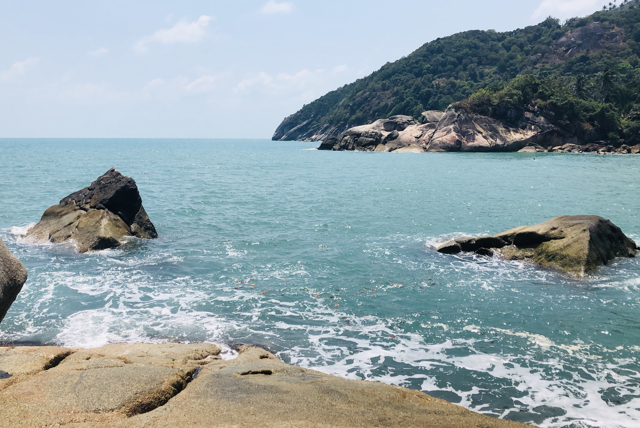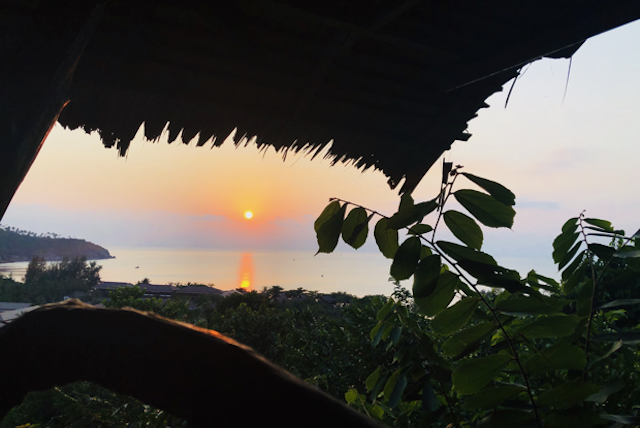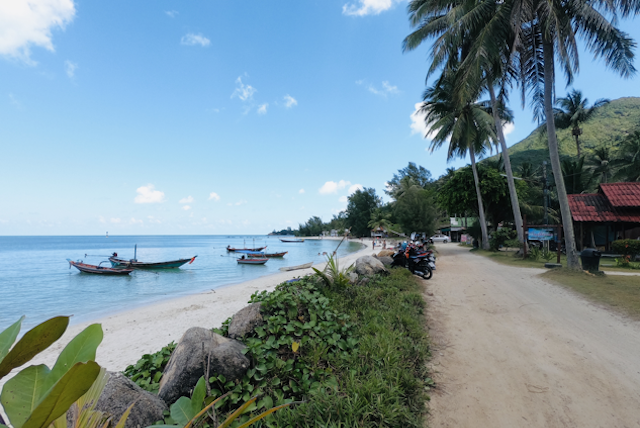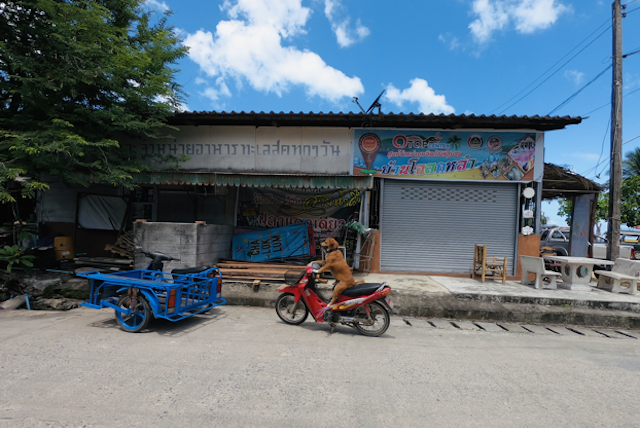Written By Marin, Latitudes ’19 Thailand
During my first semester of Carpe Diem, I learned that first impressions are invaluable…that is if you can remember them after you have formed a relationship with a person or a place. I try to keep track of my first impressions of places and people so that I can look back and see how far I have come or just laugh at my first thoughts in a new place.
My first impression of Koh Phangan, Thailand was that it is busy. The sides of the streets are bustling with pedestrians perusing shops and vendors chatting away as they sell fruit, clothes, and just about everything else. Streets themselves are busy with motorbikes and every way you turn, a bike is passing a car or a car is passing a bike or a bike is swerving to avoid one of the 6,000 stray dogs on the island. The birds of the island create a lovely background of sound and if you’re lucky you may see butterflies floating about the streets and among the flowering trees. Every night there is a night market in Thong Sala, south of Chaloklum, that sells amazing food from numerous countries, which creates a hub for cultural exchange and mingling. There is also a calm, island-life feel here, that counterbalances some the vibrancy and buzz of Koh Phangan. Taking off your shoes before entering any place and greeting people as you come in is common, as well as the feeling as though you are family in every place you go.
As I have come to know Chaloklum, Koh Phangan better, my first impressions have not necessarily changed but I have definitely become more comfortable being here (somehow it has already been a month??). Everything was new at the start and to be in such a bustling place (plus having a bout of sickness and major jet lag) was very overwhelming at the start. But, I have learned through Carpe Diem that it is okay to be swamped by the newness of a place or group of people, as long as you don’t let it overpower you. Most things take time and I am happier than ever here. I have the opportunity to go diving everyday and learn about different species of corals and fish and how the ecology of a reef works in equilibrium to account for every organism that lives there. At CORESea, we learn about the threats to our oceans and how to recognize the warning signs of a dying reef, as well as the things you can do to limit the danger to reefs everywhere, like trying to eliminate single-use plastic in your life. We do surveys and project work on our daily morning dives and we often identify corals or help with peer projects in the afternoon, with time enough for group meals out and exploration of the island. Everyday is a new project to help with or food to try or obscure ocean animal to learn the name of. I have also already had two opportunities now to help remove a ghost net that has wreaked havoc on a nearby reef, as well as a weekly Sea Saving Sunday consisting of similar reef saving techniques. I am so incredibly grateful for everything I’ve done here so far and for the new things I have yet to experience!
Catch you later!
[ezcol_1half]